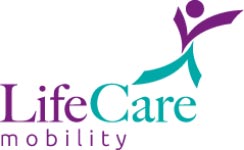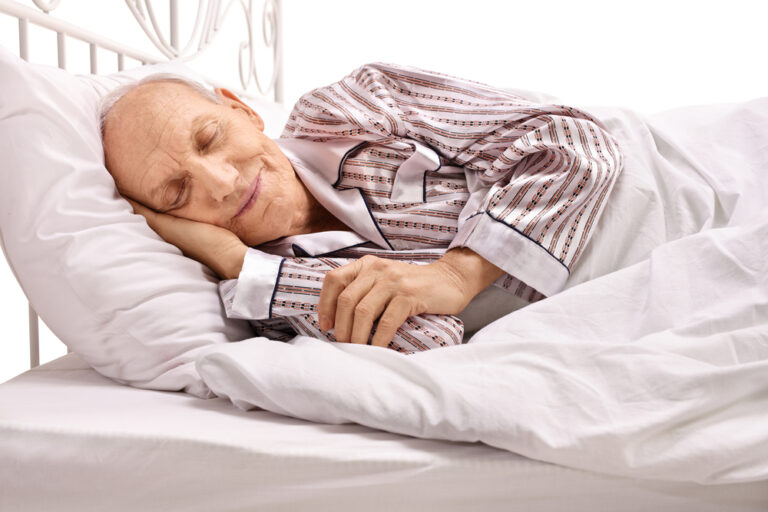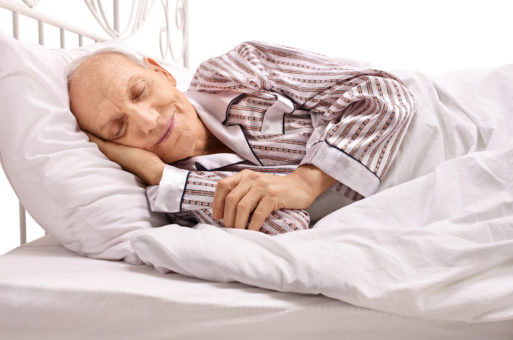It’s important to get a good night’s sleep. The phrase has practically become a cliché. However, it makes it no less important to state. We all need to sleep well at night (and, for some of us, during the day) in order to re-energize and replenish. It should probably go without saying that adequate sleep is necessary in order for us to enjoy optimum health. As Alyssa Sparacino points out on Health.com, proper sleep benefits our hearts and our minds.
She lists a variety of benefits that include improved memory, lower stress, an ability to maintain a healthy weight, better alertness and fewer bouts with depression. Considering that sleep is beneficial for us all, it’s quite obvious that sleep is important for seniors. You could make the argument, however, that those who experience decreased strength, issues with balance and/or other mobility concerns may require more sleep than others.
Sleep patterns change as we age.
On SleepHelp.org, it is revealed that a study by the National Sleep Foundation found that 44 percent of older people have symptoms of insomnia more than once per week. The site goes on to note that this is because sleep patterns change as we age. The older we get, the less likely we are to enjoy deep sleep. Elderly individuals tend to endure more sleep interruptions.
“One of the main reasons is that older people experience changes to what experts call sleep architecture,” informs SleepHelp.org, “This relates to the sleep cycle and how much time we spend in a deep sleep. When older people sleep, they spend more time in light sleep that is not as restorative for the body and that is more easily interrupted.”
Insomnia is a major issue for many seniors.
Insomnia is a sleep disorder that impacts a lot of people who are aged 60 or over. Not surprisingly, various medical conditions can exacerbate insomnia making sleep deprivation a pretty big issue for elderly individuals. According to SleepHelp.org, there are a variety of triggers than worsen insomnia for seniors.
Among them are health conditions that affect urinary control and frequency, obstructive sleep apnea (periods of halted breathing during sleep), snoring, Periodic Limb Movement Disorder (PLMD), Rapid Eye Movement (REM) and problems with thermoregulation which is the body’s processing of maintaining a stable core temperature.
Do you need to help a senior get a good night’s sleep?
At LifeCare Mobility Solutions, we take the issue of adequate sleep for seniors very seriously. We’re aware that for most elderly people, the simple act of finding a comfortable position can be difficult enough to cause sleep disruptions. This is why we’re so proud of the various home hospital beds that we have available!
Home hospital beds are designed to maximize sleeping comfort and the ease of getting in and out of bed. They allow individuals to adjust bed positioning with proper therapeutic mattress surfaces.
If you have any questions about the home hospital beds offered by LifeCare Mobility Solutions, please don’t hesitate to call us at 647-350-4488 or email us at info@lifecaremobility.ca. You may also contact us by filling out the form on our Contact page!











